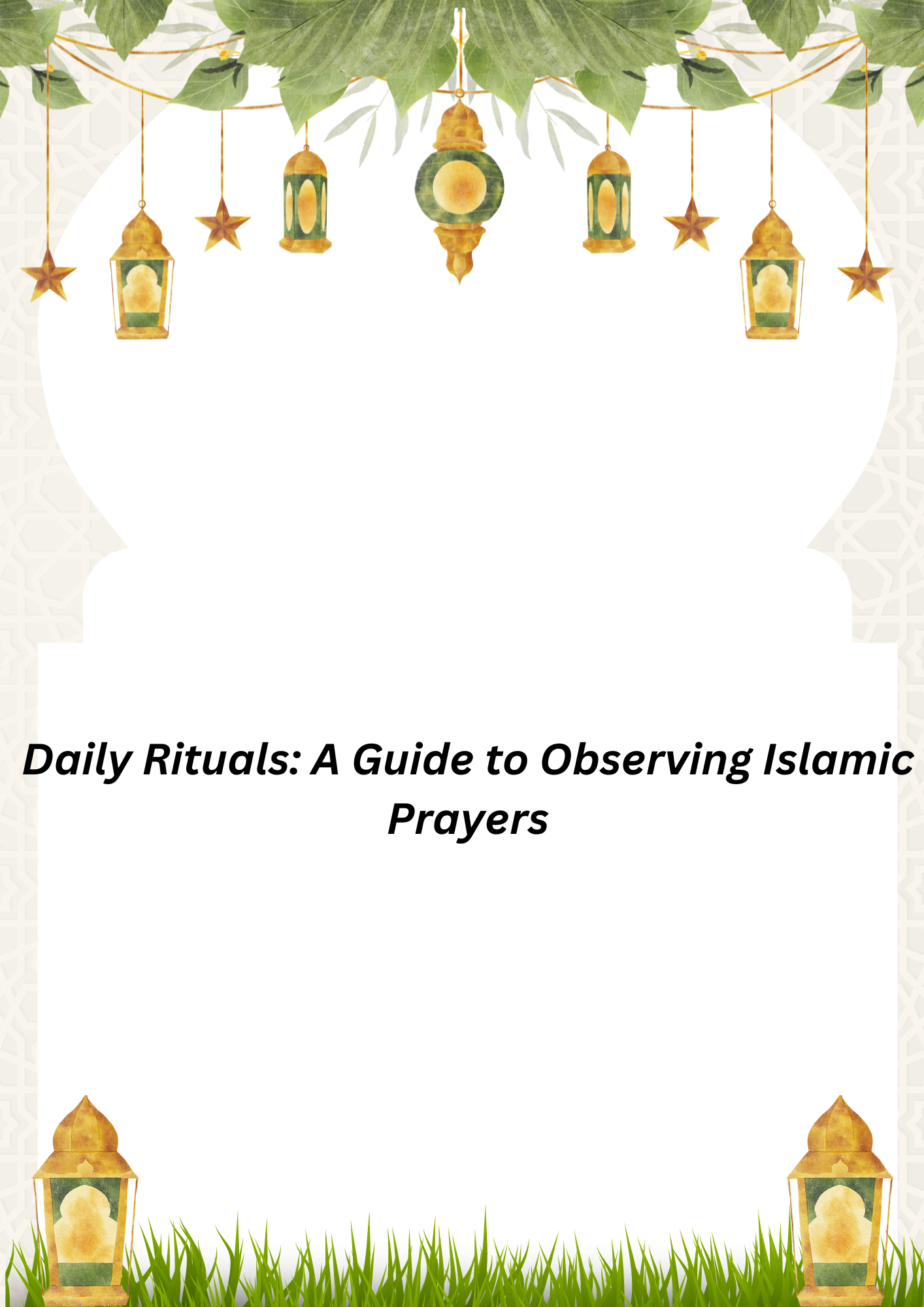In Islam, prayer is not merely a religious obligation but a profound act of worship that connects the believer directly with Allah. This article explores the significance, steps, and spiritual benefits of observing the five daily prayers, known as Salah, in the Islamic faith.
Understanding the Importance of Salah
Salah holds a central position in Islam, emphasizing the submission and devotion of a Muslim towards Allah. It is considered one of the Five Pillars of Islam, alongside faith, fasting, charity, and pilgrimage. The daily prayers serve as a constant reminder of Allah’s presence in a Muslim’s life, fostering spiritual growth and discipline.
The Five Obligatory Prayers
1. Fajr (Dawn Prayer)
Fajr marks the beginning of the day’s prayers and is performed before sunrise. It signifies the awakening of the day with a devotion to Allah.
2. Dhuhr (Noon Prayer)
Dhuhr is observed after the sun reaches its zenith, typically around midday. It serves as a pause in the day’s activities to reaffirm one’s faith and seek spiritual nourishment.
3. Asr (Afternoon Prayer)
Asr is performed in the afternoon, after the sun begins to decline but before sunset. It symbolizes perseverance and reflection amidst the day’s responsibilities.
4. Maghrib (Evening Prayer)
Maghrib is offered just after sunset, marking the transition from day to night. It provides an opportunity to express gratitude for the day’s blessings and seek forgiveness for shortcomings.
5. Isha (Night Prayer)
Isha is the final prayer of the day, observed after twilight has disappeared. It signifies a time of introspection, repentance, and seeking Allah’s mercy before retiring for the night.
Steps and Postures of Salah
Each prayer consists of specific movements and recitations, beginning with the intention (niyyah) to perform Salah and followed by:
- Standing (Qiyam): Facing the Qiblah (the direction of the Kaaba in Mecca) and reciting verses from the Quran.
- Ruku’: Bowing with humility and gratitude, reciting “Subhana Rabbiyal Adheem” (Glory be to my Lord, the Most Great).
- Sujood: Prostrating on the ground, the lowest position demonstrating complete submission to Allah, reciting “Subhana Rabbiyal A’la” (Glory be to my Lord, the Most High).
- Tashahhud: Sitting briefly and reciting the testimony of faith, followed by supplications.
Spiritual Benefits of Salah
Regular observance of Salah instills discipline, mindfulness, and a sense of purpose in a Muslim’s daily life. It strengthens the bond with Allah, fosters humility, and provides moments of peace and reflection amidst life’s challenges. It also serves as a means to seek forgiveness, guidance, and blessings from Allah.
Conclusion
In conclusion, Salah is not merely a set of physical movements but a spiritual journey that deepens a Muslim’s connection with Allah. By understanding and observing the daily prayers with sincerity and devotion, Muslims uphold a fundamental aspect of their faith, striving for spiritual growth and closeness to the Creator.
Observing Salah consistently enriches one’s daily life, guiding them towards righteousness and inner peace, ultimately fulfilling the purpose of worship and submission to Allah in every aspect of life.



